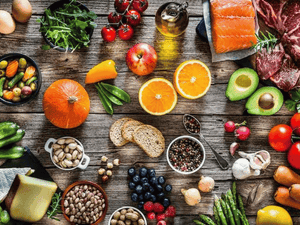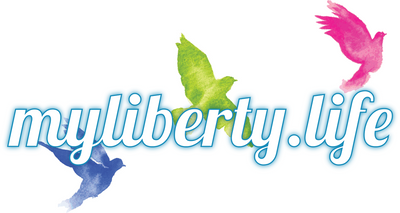Foods That Fight Incontinence: Your Guide to Dietary Management

What if the path to better-managing incontinence lay in adjusting our daily meals?
Incontinence, a condition often shrouded in silence, impacts millions, affecting their quality of life. Yet, various management strategies exist.
But, one is less discussed, but it has a big impact: dietary management.
At My Liberty Life, we know the delicate balance needed to manage incontinence with dignity.
In this blog, we'll explore how diet is crucial in managing incontinence. We'll also provide supportive, helpful insights to guide you toward a better life.
Understanding Incontinence and Diet
Incontinence, while challenging, can be navigated through thoughtful lifestyle adjustments, particularly in diet.
The link between what we eat and bladder health is big. Certain foods that aggravate incontinence can make symptoms worse.
On the other hand, adopting a diet for managing incontinence can reduce discomfort and also improve daily life.
Navigating Dietary Management for Urinary Incontinence
Dietary management involves understanding how nutrition affects incontinence and making informed choices.
Foods high in acidity, caffeine, and artificial sweeteners are known triggers.
Instead, focusing on bladder-friendly foods and avoiding incontinence triggers in diet can make a substantial difference.
Adding nutritional strategies for incontinence to daily routines offers a proactive way to manage symptoms.
Foods to Eat and Avoid
- Eat. Bananas, apples, vegetables, whole grains, and lean proteins.
- Avoid. Citrus fruits, tomatoes, spicy foods, and caffeine, as these can irritate the bladder.
Key Components of a Bladder-Friendly Diet
- Hydration. While it might seem counterintuitive, adequate water intake is crucial. It ensures the bladder functions correctly, avoiding irritants' concentration.
- Fiber-Rich Foods. A diet high in fibre prevents constipation, a known factor that exacerbates incontinence.
- Magnesium and Calcium-Rich Foods. These nutrients support muscle health, including the pelvic floor muscles, which are vital for bladder control.
Integrating Diet With Other Incontinence Management Strategies
A diet for managing incontinence is crucial. But it's also good to make extra lifestyle changes for a holistic approach.
Here are some to take into consideration:
- Regular Exercise. Emphasize pelvic floor exercises, which are vital for improving bladder control.
- Weight Management. Losing weight can ease pressure on the bladder and pelvic muscles. This may reduce symptoms of dietary management for urinary incontinence.
- Stress Reduction. Implementing techniques to manage stress, as stress can exacerbate incontinence episodes.
These strategies complement a dietary focus on bladder-friendly foods and avoiding incontinence triggers in diet, providing a comprehensive method for managing incontinence symptoms and supporting a more confident lifestyle.
Managing incontinence through diet is a journey. It requires balance, understanding, and informed choices.
Focus on diet for urinary incontinence. Combine it with good incontinence products. Then, you can face this challenge with confidence.
Navigate Incontinence with Confidence
Ready to navigate incontinence with dignity and informed choices?
Our comprehensive resources and tailored product selections at My Liberty Life are here to guide you.
- Dive into our Adult Diapers & Briefs Collection for a diverse range of options, or learn about the benefits of latex-free options in Choosing Comfort and Safety.
- Our Incontinence Underwear for Men guide provides valuable insights for men seeking the right fit.
- For those managing diabetes alongside incontinence, explore the connection between Diabetes And Incontinence.
Don't let incontinence dictate your life.
Visit My Liberty Life and start living your best life today.
- Ashan Kusalanka

Comments 0